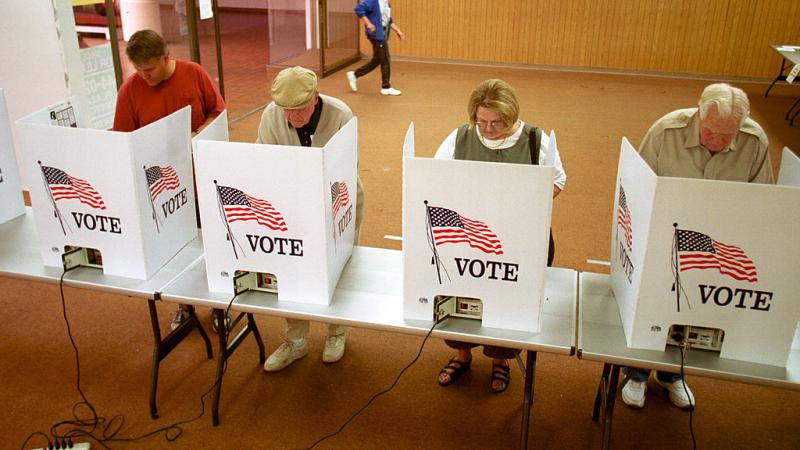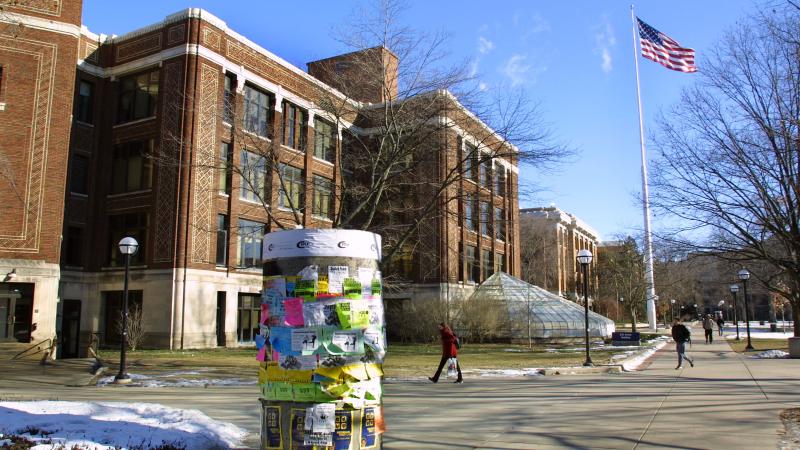Biden has failed to unite Democrats around his agenda with less than a year before midterms
Biden's approval rating has dropped to a new low of 33% in one poll, while his top agenda items are dead on arrival in the 50-50 Senate.
President Biden has failed to unite his party around his legislative agenda with less than a year to go before the midterm elections.
The president's approval rating has dropped to a new low of 33% in the Quinnipiac poll, while his top agenda items are dead on arrival in the 50-50 Senate.
Democratic leaders like Senate Majority Leader Chuck Schumer point to Republicans as the reason Biden's priorities are at a standstill, but many observers have noted that Biden hasn't been able to unify his own party to support his agenda. Washington Post columnist David Ignatius, for example, wrote an opinion piece headlined "Biden is failing politically and not just because of Republican obstruction."
Biden was not able to secure the support of every Democratic senator for his multitrillion-dollar Build Back Better Act. Democratic leaders sought to use budget reconciliation to avoid the legislative filibuster in the 50-50 Senate as a way to advance the bill to passage. Democrats used that strategy in March to pass the $1.9 trillion American Rescue Plan Act, which was the second largest stimulus package in history.
While the White House negotiated with Democratic congressional leaders to make changes to the new government benefit programs and climate initiatives in the legislation to garner the support of every member of the party, inflation hit record levels during the COVID-19 pandemic, and the supply chain crisis worsened.
The House passed a nearly $2 trillion version of the legislation with new social programs and about $550 billion of climate change-related spending. Budget experts noted that the cost of the legislation would reach nearly $5 trillion over a 10-year period. The national debt continued to climb past the $29 trillion mark.
Sen. Joe Manchin of West Virginia said in December that he planned to vote against the House-passed version of the Build Back Better Act, citing inflation hitting its highest level in nearly 40 years and other concerns.
"I've tried everything humanly possible," Manchin said. "I can't get there."
Manchin argued that the contents of the bill wouldn't stand the test of time without some bipartisan support.
"When we don't have bipartisan buy-in, usually you don't get anything that lasts," Manchin said during the Wall Street Journal's CEO Council event. "It won't last. They'll change it as soon as they get in power. None of this makes sense to me."
After Manchin announced that he could not vote for the legislation, Democratic leaders pivoted to voting rights legislation. Senate Majority Leader Chuck Schumer said in early January that he hoped 50 Democrats could come to an agreement to change Senate filibuster rules if the GOP blocks voting rights bills in the 50-50 Senate.
Two Democratic senators, Manchin and Arizona Sen. Kyrsten Sinema, had previously declared their opposition to eliminating the filibuster. Two other senators, Mark Kelly of Arizona and Jon Tester of Montana, were reportedly undecided on the matter.
President Biden delivered a voting rights speech in Georgia on Tuesday in which he came out for changing the filibuster to pass Democrats' election overhaul legislation. He met with the Democratic caucus on Thursday to advocate for passage of those voting bills by changing the Senate filibuster rule, which is the 60-vote threshold to close debate and allow legislation to advance in the chamber. Both Sinema and Manchin reiterated their opposition to eliminating the filibuster.
"The honest to God answer is I don't know if we can get this done," Biden said after meeting with the Democratic Caucus in the Senate. "If we miss the first time, we can come back and try it a second time. We missed this time."














